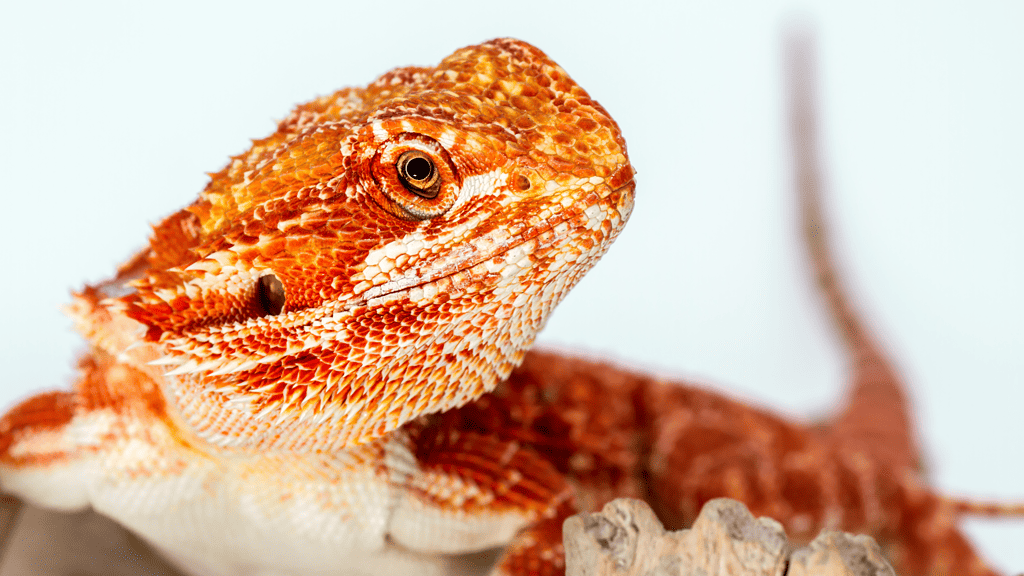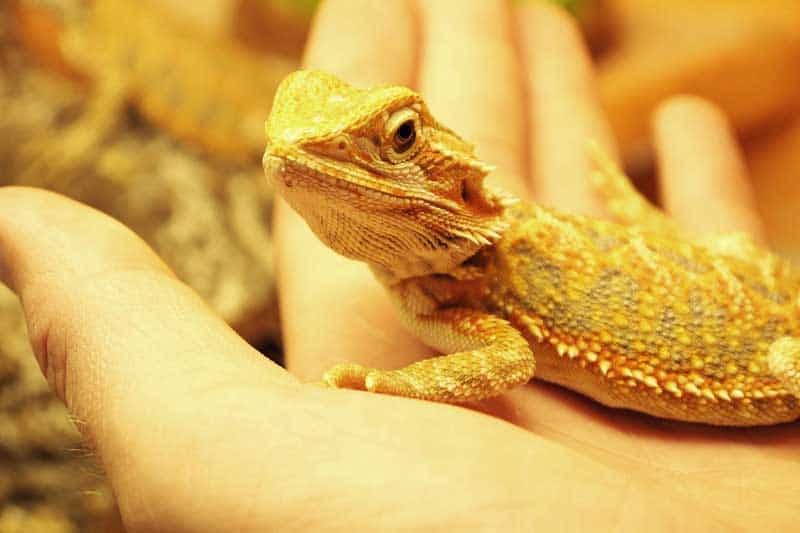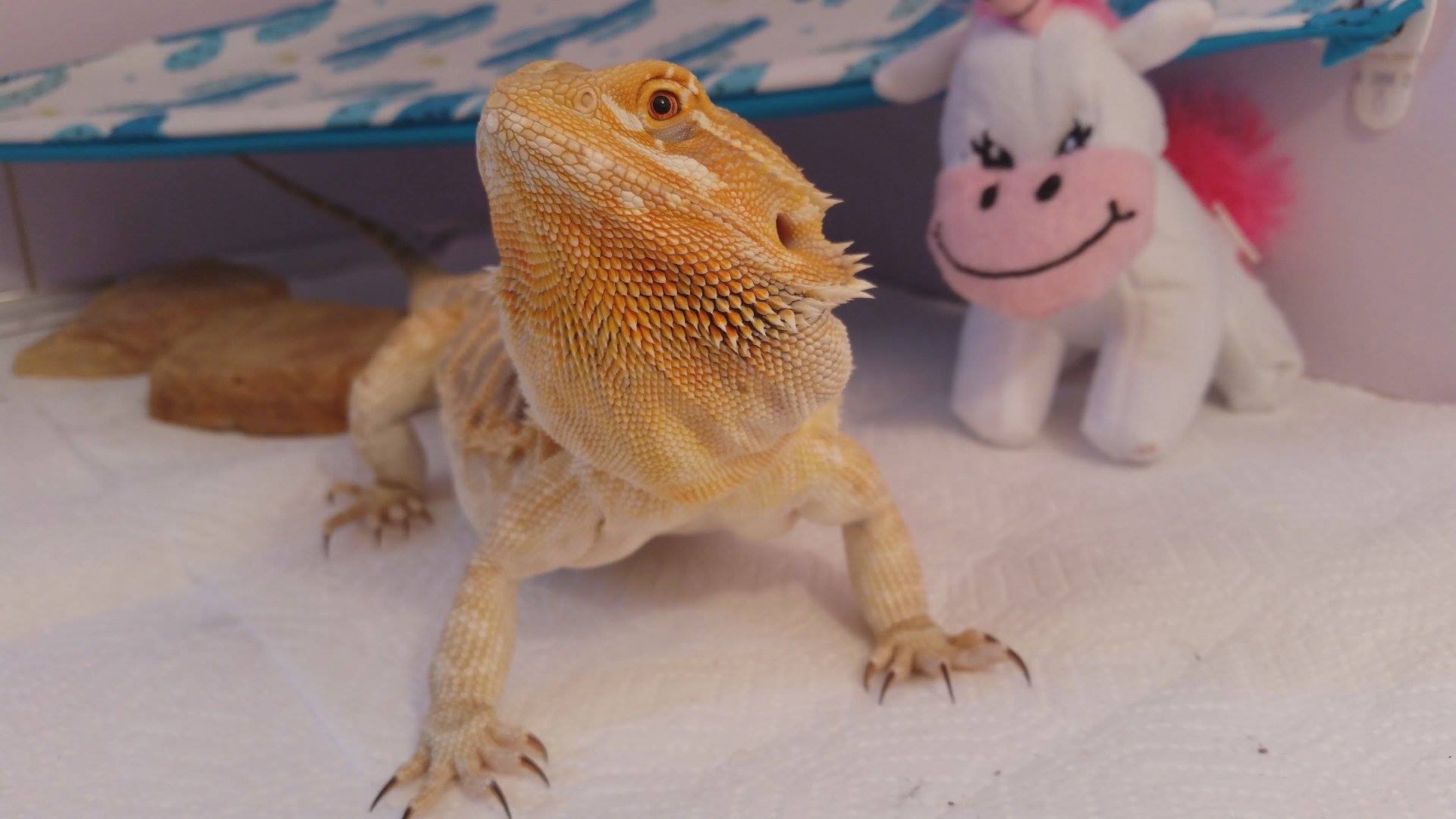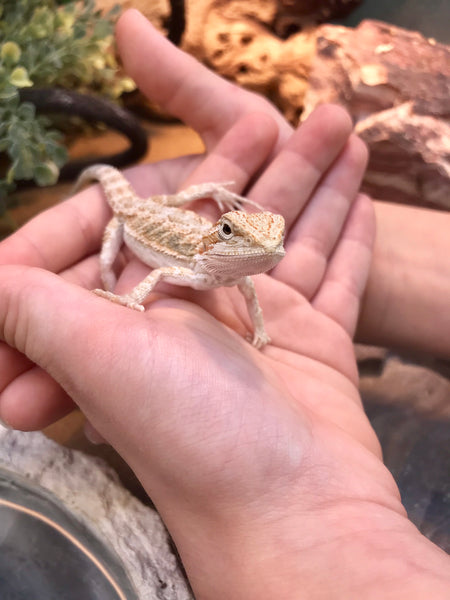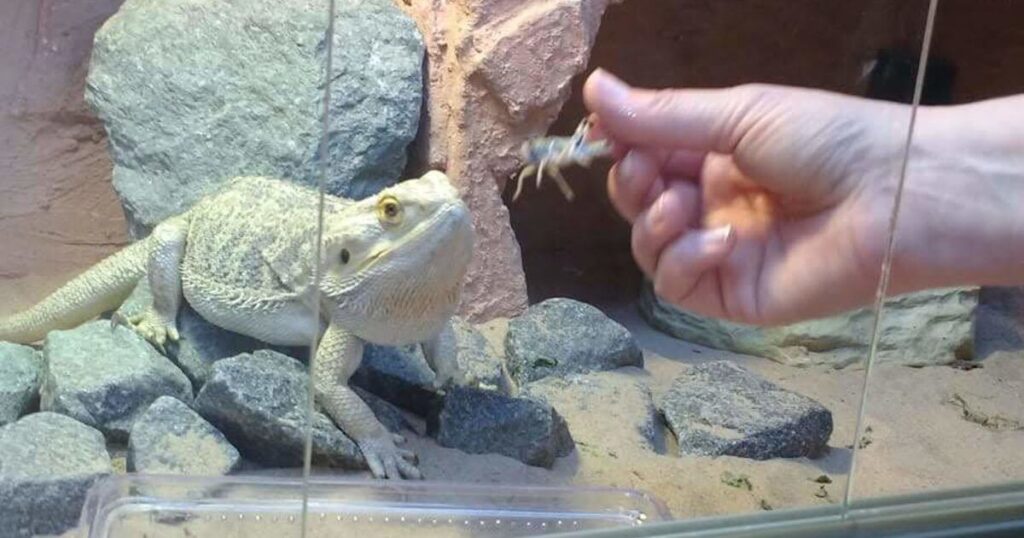Do Bearded Dragons Make Good Pets
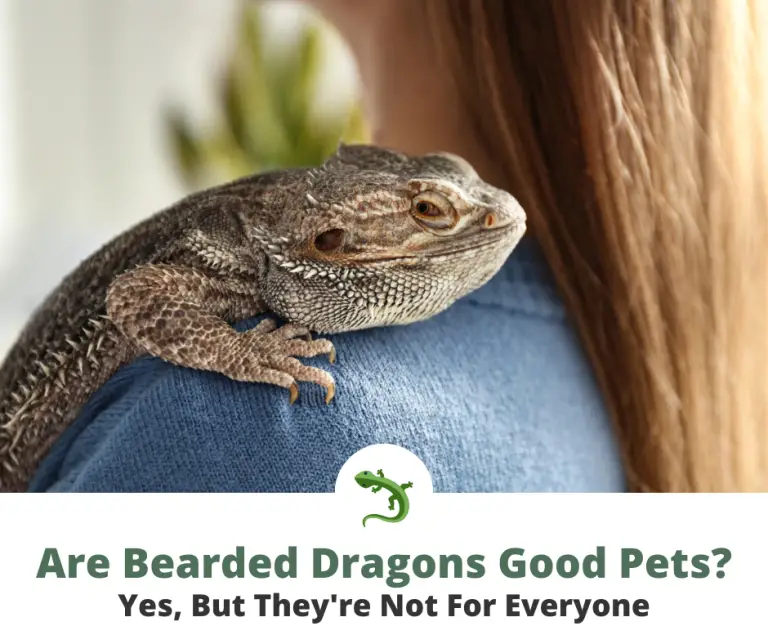
The popularity of exotic pets has surged in recent years, with the bearded dragon at the forefront of this trend. These docile-looking lizards, native to Australia, have become increasingly common in households worldwide. But beneath their seemingly easy-going nature lies a complex set of needs, raising a critical question: Are bearded dragons truly good pets for the average owner?
This article delves into the realities of bearded dragon ownership, examining their specific care requirements, potential health issues, and the ethical considerations that prospective owners must weigh. We will explore the perspectives of reptile experts, veterinarians, and experienced keepers to provide a comprehensive and balanced assessment. Ultimately, this exploration aims to equip readers with the knowledge necessary to make informed decisions about welcoming a bearded dragon into their lives.
Understanding the Allure: Why Bearded Dragons are Popular
Bearded dragons, scientifically known as Pogona vitticeps, possess several characteristics that make them appealing. Their relatively small size, typically reaching around 2 feet in length, makes them manageable for many households. Moreover, their diurnal nature – being active during the day – allows owners to interact with them more easily than nocturnal reptiles.
Perhaps the most significant draw is their perceived docility. Bearded dragons are generally known for their calm temperament and tolerance of handling, making them seemingly suitable for families with children. However, it's crucial to remember that every animal is an individual, and generalizations about temperament can be misleading.
The Demands of Care: More Than Just a Lizard in a Tank
While bearded dragons may appear low-maintenance, their care is far from simple. Proper husbandry is essential for their health and well-being, and neglecting their specific needs can lead to serious health problems. This is where many first-time owners fall short, underestimating the commitment required.
Housing and Environment
A suitable enclosure is paramount. Adult bearded dragons require a minimum of a 40-gallon breeder tank, though larger is always better. The tank must provide a thermal gradient, with a basking spot reaching temperatures of 95-105°F (35-40°C) and a cooler end around 75-85°F (24-29°C).
This temperature gradient allows the lizard to regulate its body temperature effectively. UVB lighting is also crucial for vitamin D3 synthesis, which is essential for calcium absorption and preventing metabolic bone disease, a common and often fatal condition in captive reptiles.
Diet and Nutrition
Bearded dragons are omnivores, requiring a diet consisting of both insects and vegetables. Young dragons need a higher proportion of insects to support their rapid growth, while adults require more vegetables. Appropriate insects include crickets, dubia roaches, and mealworms (in moderation due to their high fat content).
Vegetables should include leafy greens like collard greens, mustard greens, and turnip greens. It's also important to dust insects with calcium and vitamin D3 supplements to ensure proper nutrition. Failure to provide a balanced diet can lead to a variety of health problems.
Potential Health Concerns
Bearded dragons are susceptible to several health issues, many of which are directly related to improper care. Metabolic bone disease (MBD), as mentioned earlier, is a major concern. Other common problems include impaction (blockage of the digestive tract), parasites, respiratory infections, and mouth rot.
Regular veterinary checkups with a reptile-experienced veterinarian are crucial for early detection and treatment of these conditions. Veterinary care for reptiles can be significantly more expensive than for common pets like cats or dogs. Owners should be prepared for these potential costs.
Ethical Considerations: The Reptile Trade and Conservation
The growing demand for exotic pets, including bearded dragons, has implications for the reptile trade and conservation efforts. While many bearded dragons are bred in captivity, it's essential to ensure that they come from reputable breeders who prioritize the health and welfare of their animals.
Supporting wild-caught reptiles contributes to habitat destruction and can deplete wild populations. Prospective owners should research the source of their bearded dragon and avoid purchasing from sources that engage in unsustainable or unethical practices. Adoption is also a viable option.
Expert Perspectives: Veterinarians and Experienced Keepers Weigh In
Dr. Emily Carter, a veterinarian specializing in reptile medicine, emphasizes the importance of thorough research before acquiring a bearded dragon. "Many people are drawn to them because they seem easy to care for, but they require specific environmental conditions and a carefully balanced diet," she explains.
"Without proper care, they are prone to serious health problems that can be costly to treat and can significantly impact their quality of life." Experienced keepers echo this sentiment. "Bearded dragons are rewarding pets, but they are not for everyone," says Mark Johnson, a long-time reptile enthusiast.
He adds, "It's essential to be prepared to dedicate the time, money, and effort required to provide them with the best possible care. Impulsive decisions can lead to neglect and suffering."
Conclusion: Are Bearded Dragons the Right Pet for You?
Ultimately, the decision of whether or not a bearded dragon makes a good pet is a personal one. While they can be fascinating and rewarding companions, their care requirements are not to be taken lightly. Prospective owners must be prepared to provide a suitable environment, a balanced diet, and regular veterinary care.
Thorough research, responsible sourcing, and a genuine commitment to the animal's well-being are essential. If you are willing to dedicate the time, resources, and effort required to meet these needs, a bearded dragon can be a wonderful addition to your family. However, if you are not prepared for the commitment, it is best to consider a different type of pet.
The future of reptile keeping depends on responsible ownership and a commitment to ethical practices. By educating ourselves and making informed decisions, we can ensure that these fascinating creatures thrive both in our homes and in their natural habitats. This ensures the well-being of the animal and helps preserve this species for future generations of reptile enthusiasts.



